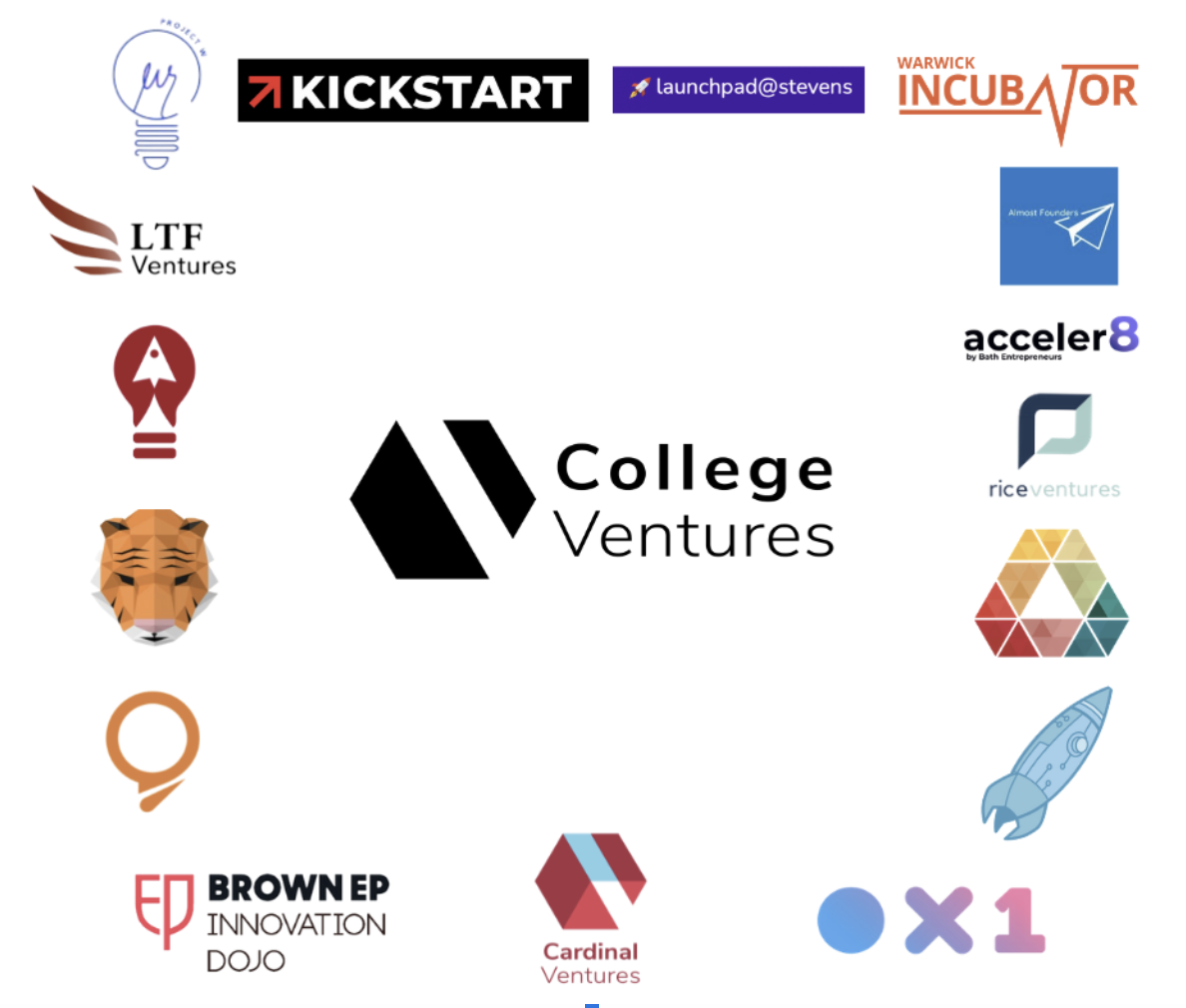Two Stanford sophomores led the launch of College Ventures Network (CVN), a global network of student-led accelerators that equips student startup founders with access to capital and support, in June.
Grant Gordon ’23 and Michelle Schwartzman ’23, current and former co-managing directors at Cardinal Ventures, spearheaded the project. Cardinal Ventures is Stanford’s only student-run startup accelerator.
“Software is more global than ever, and talent always has been,” Gordon said. “It’s about time opportunity in venture was too.”
CVN is now a network of over 30 student-led accelerators –– organizations that help startup founders fast-track their growth –– across the U.S., Canada and the U.K., according to Gordon. Not only does CVN expand startups’ funding opportunities, but it also enables knowledge sharing, helps founders work through common challenges and provides guidance on creating new student-led accelerators, Gordon said.
The impetus to create CVN came from the challenges Gordon’s team observed among student-led accelerator founders. The most common issue was the lack of venture funding opportunities for students far from Silicon Valley –– those at non-target schools or in emerging startup ecosystems, Gordon said. Cardinal Ventures, relaunched as “Cardinal Ventures 2.0” last year, was well-positioned to help these accelerators develop and ultimately coordinate the creation of CVN.
“I have noticed … that a lot of students attempt to create startups with no actual intention of making a big, tangible impact,” wrote CVN founding member Michelangelo Valtancoli in an email to The Daily.
Valtancoli, who runs the U.K.-based Almost Founders podcast for first-time founders and startup enthusiasts, attributed founders’ lack of follow-through to limited funding opportunities. But with CVN, access to venture funding will better root startup ideas in reality and help students feel that their projects can “make a real difference in the world,” Valtancoli wrote.
As a part of its launch, CVN hosted a “Demo Day” to allow startups to pitch their companies to a geographically diverse group of venture capitalists (VCs) — investors that help fund startups. The event reflected the network’s vision of democratizing access to capital, with 18 startups and almost 200 investors in attendance, according to Gordon.
The event also provided students with opportunities to connect with investors, said startup founder Nicolas Barone, who presented his 3D and virtual reality online teaching startup Universe.
“The goal for Demo Day was to model a venture ecosystem where every student founder, no matter where they study, has an even shot at success,” Gordon said.
CVN member Arthur Chen, founder of smart irrigation startup Verdi and hailing from the University of British Columbia, said that CVN gives him valuable opportunities to meet founders from all over the world. Seeing how others run their own businesses and gain traction with them — particularly because they are his age — was inspiring for him to continue refining his own startup, he said.
“It’s not just ourselves … but there [are] these other people out there too that are also pursuing something that’s really cool,” Chen said.
Like Chen, Valtancoli comes from outside the U.S. and also commends CVN’s international nature.
“For us Europeans, the idea of having access to the Stanford student founders network is simply terrific,” he said.
CVN founding member Brian Li, who represents Stevens Institute of Technology’s accelerator, Launchpad, helped expand CVN’s founder and investor network. He said that Launchpad startup Quae has heard from numerous VCs since participating in CVN, and Launchpad gained so much attention that it was featured on the Stevens website.
“It really showed how top entrepreneurial colleges can collaborate and work together, especially due to the fact that we’re all virtual,” Li said.
As part of its vision to be a platform for any student in any location to build a local entrepreneurial ecosystem, CVN plans to publish a definitive guide for how to start a student-led startup accelerator, Gordon said.
Rice University’s accelerator, Rice Ventures, is one of their early success stories, according to Gordon. Its managing director, Christa Westheimer, said that they were able to take away many insights from Cardinal Ventures for revamping their program. Westheimer later helped launch CVN and said that having member accelerators at different stages of development is very valuable for learning and feedback.
“College Ventures Network is exactly what the college startup ecosystem needs at this moment,” wrote CVN member and startup founder Andrew White. “I cannot wait to see the tremendous impact this effort is going to make in supporting student founders over the years to come.”
